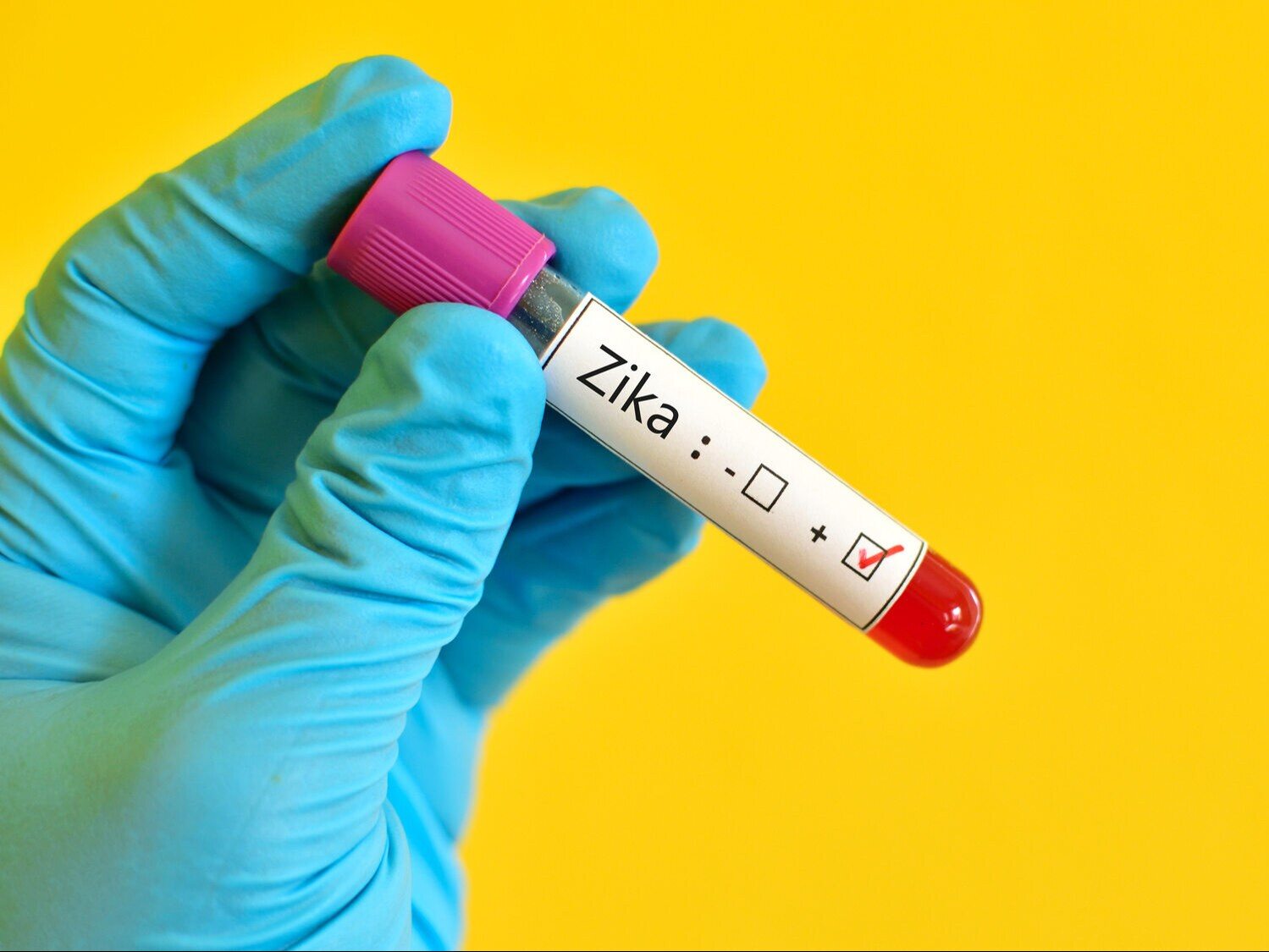Prototype of a vaccine against the Zika virus. Success of Polish scientists

The Zika virus is one of the most dangerous pathogens in the world. Now a team of researchers from Gdańsk has created a prototype of a vaccine against this virus.
In 2015, South and Central America was hit by the Zika virus epidemic. This situation prompted Polish scientists to start working on a vaccine that would stop the spread of the pathogen.
Zika virus – vaccine
Experts focused on the study of recombinant flavivirus protein antigens in the form of virus-like particles. They can be used as ingredients in protective preparations against the Zika virus or as elements of diagnostic tests. “Our solution presents methods for purifying developed antigens from eukaryotic cells on a laboratory scale and can also be used to purify antigens on a semi-industrial scale,” explains Professor Ewelina Król from the University of Gdańsk and the Medical University of Gdańsk, leader of the research project.
The effectiveness of the vaccine was tested on mice. The first results are very promising. The preparation neutralizes the Zika virus in the body of rodents. Importantly, the production of the agent does not require working with a live pathogen. Thanks to this, the costs of vaccine production are relatively low.
What are the risks of being infected with the Zika virus?
The Zika virus is transmitted by Aedes mosquitoes. Infection may also occur sexually (through sexual contact with an infected person). The pathogen also crosses the placenta. In most cases, the infection is mild. It manifests itself with fever, gastric symptoms, as well as headaches, muscle and joint pain. It is often accompanied by conjunctivitis, a feeling of general “shattering”, loss of appetite and a lumpy, itchy rash. The symptoms disappear after a few days.
The so-called prenatal infection (when the mother “passes” the virus on to the unborn child) is much more severe. The infection causes the fetus to develop various birth defects, such as microcephaly. Moreover, the pathogen may lead to premature termination of pregnancy or death of the fetus in the mother’s womb. Infection with the virus can also be very dangerous for older children, adults and seniors. It often causes myelitis, neuropathy or Guillain-Barré syndrome (an autoimmune inflammatory disease of the peripheral nerves).






